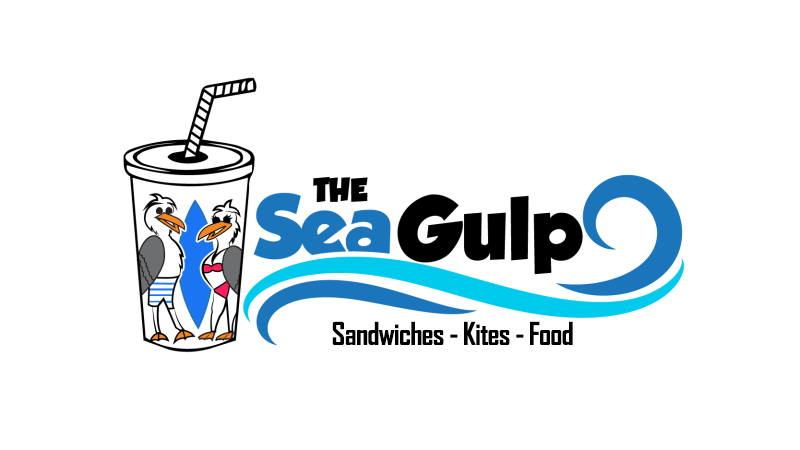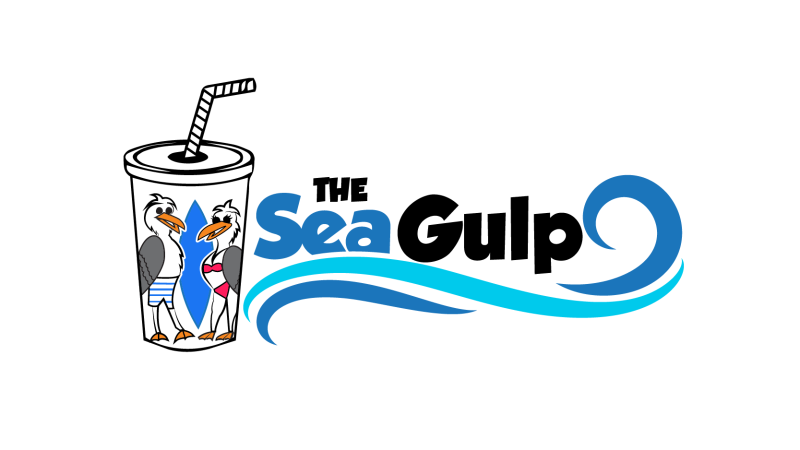 By Christine Drazan
By Christine Drazan
Oregon is facing a five-alarm fire of drug abuse, addiction and death. Instead of dousing the flames, politicians continue to pour gasoline on the fire by refusing to confront this crisis head-on. Every day our elected officials waste on inaction and political excuses, more people will die.
Approved by voters in 2020, Measure 110 decriminalized the possession of small amounts of fentanyl, methamphetamine, and other hard drugs and directed existing cannabis tax revenue to fund addiction services. Ever since, we have seen overdose deaths skyrocket and drug use take root in in public spaces.
By removing consequences for drug use, Measure 110 removed essential tools to connect those struggling with addiction to treatment. I’ll say what the politicians in power in Salem won’t: Measure 110 must be repealed. Full stop.
Measure 110 apologists point to the measure’s investments in behavioral health. But it’s a false choice to assume we must preserve the measure to maintain that investment. We do not have to accept the widespread decriminalization and proliferation of hard drugs to access additional funding for these services — which the state has miserably failed to deliver on, even years later.
I have met with behavioral health experts, service providers, law enforcement officers, housing providers, legislators, and community leaders from both sides of the aisle to better understand what’s working, what is not, and how specifically our state should move forward. In addition to repealing Measure 110, the following five recommendations are grounded in these discussions:
Drug use should be discouraged: Drug use is not a neutral personal decision. There is no safe way to use today’s street drugs. Oregonians risk death every single day they knowingly – or unknowingly – use fentanyl. Every person on the street who is actively using is a person worthy of our persistent efforts to help them get into long-term, life-changing recovery.
Addiction services must prioritize sobriety: Sobriety must be the ultimate goal of public investment. Shockingly, politicians in Oregon don’t even aim for sobriety in their statutory definition of recovery. We won’t effectively help people get clean and sober if that’s not even our stated goal. This must change.
Data must drive investment: We must prioritize services that lead to sobriety and long-term recovery. To do that, we need real data on outcomes—we don’t need anecdotes or storytelling to stand in for population data. We shouldn’t just track the number of services provided or the race and ethnicity of the person served, but the effectiveness of those services.
Kids aren’t adults: Measure 110 treated adults and kids the same – and the results have been devastating. The death rate for Oregon’s teenagers from drug overdoses has grown faster than any other state in the nation —up 666% between 2019 and 2021—with 73 deaths in 2021 alone, according to The Lund Report. We are third in the nation for teen addiction rates.
We must support not only access to overdose reversal medications but ongoing drug use prevention efforts in our schools. We have one recovery high school in the state and not nearly enough youth treatment beds. We must support students who struggle with drug use by providing treatment, support and a commitment to help them reach their bright, healthy future through an abstinence-based recovery.
Accountability saves lives: As unpopular as it is with Measure 110 apologists, we must throw the book at dealers, and create penalties for possession that discourage drug use while diverting those facing addiction to recovery services. We deny those facing addiction a compassionate response if we deny them the opportunity for accountable pathways that lead to life-saving sobriety.
It’s time to confront the crisis in our streets head-on. We must intervene to save lives. There must be accountability and a commitment to fund the programs that work. We have to get people into treatment that helps them stay sober. We can make progress on this crisis, but we must have a definition of recovery that includes sobriety. We must repeal Measure 110 and build a rational outcome-based system that saves Oregon. It’s time to put out the fire.

Drazan is the founder of A New Direction and was the 2022 Republican nominee for governor. She lives outside of Canby.







What a wonderful post, you have put quite a lot of effort into this one, I can tell. Love everything about this, great post. Hope to see more such posts from you soon.
Thank you for this article. We all know, or we hear about many children who have died from these drugs. We need to stop them from coming into our country and never say they are “OK”.